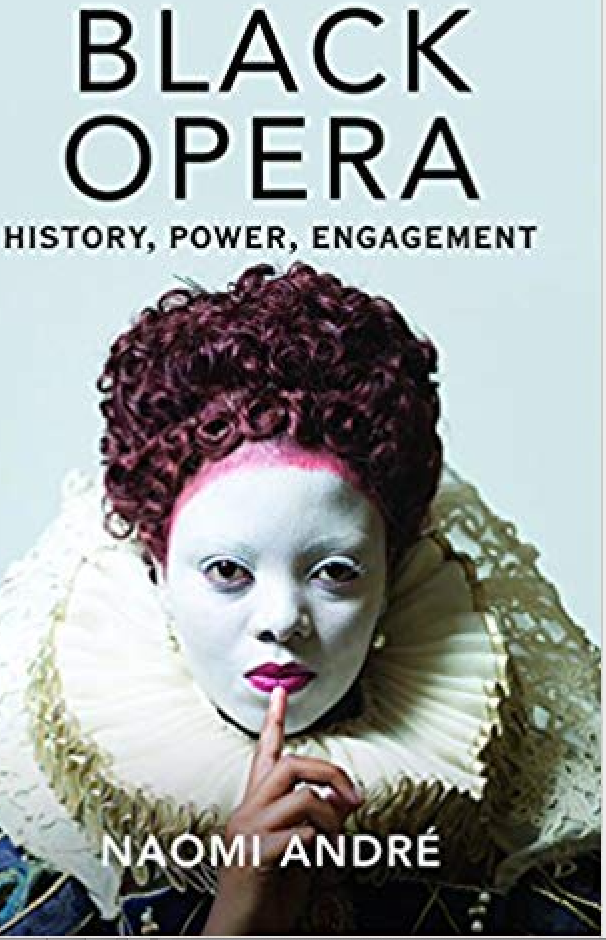A posting from Sandra Seaton

In 2000, I was asked by composer William Bolcom to write a libretto about the relationship between Sally Hemings and Thomas Jefferson. Growing up as an African American in the South during the era of segregation, I heard many family stories about relationships between blacks and whites outside the law. Some were love relationships; others were exploitive–some were probably both. I couldn’t help thinking about these relationships, when I read the chapter appropriately titled “Haunted Legacies-Interracial Secrets From The Diary of Sally Hemings,” in Naomi Andre’s new book Black Opera: History, Power, Engagement. Andre states that the effectiveness of From The Diary of Sally Hemings is that it allows the conflicting emotions, such as the ones I describe above, to exist simultaneously.
When I stepped into that world of 18th century America, that time machine, I brought some of my own world with me. What did I bring? Part of it was the result of exhaustive research about that era. Of course, once I started to write, most of the research was unnecessary baggage that had to be set aside. Aspects of my own past stayed with me. It always does. I was fascinated by stories whispered about my great grandmother, a woman who wouldn't go to see her white father, a wealthy man, when he called for her on his death bed but who would stay and visit all day with the family after she was a married woman living on her own. A family secret. Her birth certificate says "father unknown."
My libretto of From the Diary of Sally Hemings is ultimately a work of the imagination, an imagination constrained by historical possibility. So far as anybody knows, the historical Sally Hemings left neither a diary nor any other writings. The words and ideas of Thomas Jefferson have been preserved in his voluminous writings but the thoughts and feelings of Sally Hemings cannot be recovered through research. The “diary entries” I created that make up the libretto are my attempt to give a voice to Sally Hemings, to allow her to speak for herself.

Sandra Seaton is a playwright and librettist. Her plays have been performed in cities throughout the United States, including New York, Chicago, and Los Angeles, and her libretto for the song cycle From the Diary of Sally Hemings, set to music by Pulitzer Prize-winning composer William Bolcom, has been performed at such venues as Carnegie Hall and the Kennedy Center.
![]() at the top of the post
at the top of the post![]() at the top of the post
at the top of the post